
Photo credit: Sommie's Photography/Oxfam
We need trust and solidarity to collectively solve the nature and climate crisis we're facing.”
Kenyan climate activist Elizabeth Wathuti.
Climate action
The climate crisis isn't in the future, it's here now. The effects of climate change are currently hitting those who have done the least to cause it, but soon it’s going to affect us all, if it hasn’t already.
What is climate justice?
What can you do?
Why do we want to stop climate change?
The front page Image: Max van Woerkom/ Oxfam
Ever wondered how inequality and the climate crisis cross over with each other?
2023: The richest 1% emit as much planet-heating pollution as two-thirds of humanity.
2024: Billionaires emit more carbon pollution in under 3 hours than the average Brit does in a lifetime.
2025: The UK's super-rich are polluting 56 times more than those on the lowest incomes.
What are the solutions to climate change?
How do we achieve climate justice?
Why do we need global agreements?
What is COP?
What has Oxfam been calling for at COP?
True life climate stories
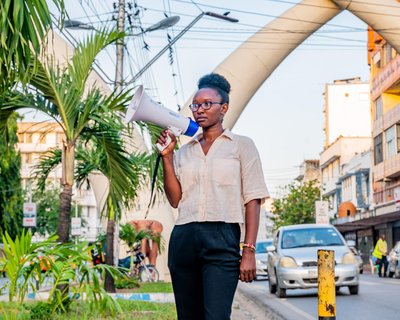
Climate witnesses
A video series inviting people across the world to share the experiences that made them realise the climate crisis is on their doorstep.
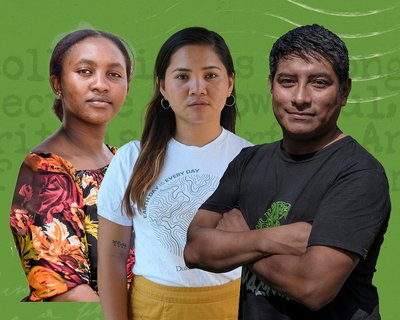
Oxfam x Waterbear
Oxfam and Waterbear present Climate Dispatches – a series to share urgent stories from three climate activists.
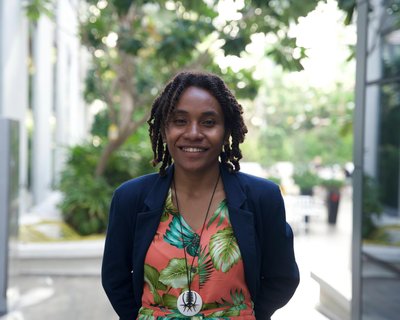
Climate activists
We are collaborating with climate activists from around the world who are on the front lines of the fight against climate change.
Act now for the climate
There are many ways to get involved. From listening to the stories from people to are stand up for their communities to signing petitions to make the richest polluters pay.
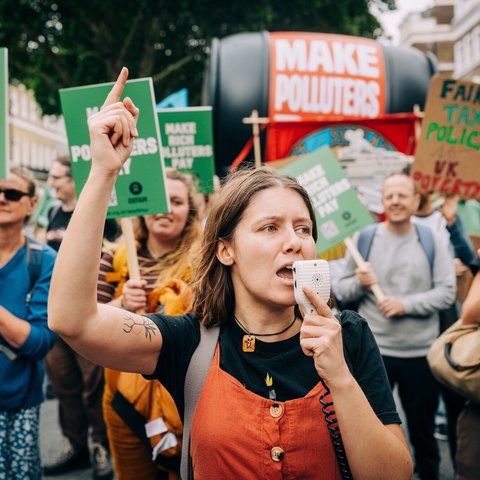
Tackling inequality starts with making those at the top pay their fair share. This wealth tax is just an example of more taxes we need. We should be taxing the super-rich to tackle inequality and fight the climate crisis
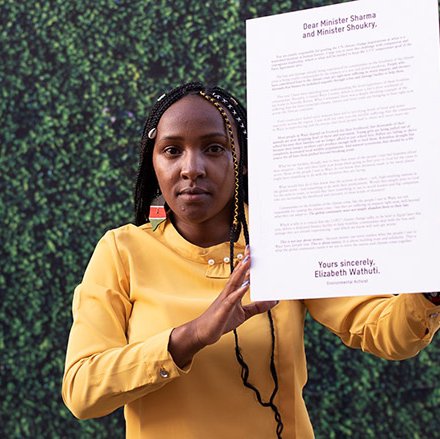
Listen to young energy expert and climate activist Abigael Kima on the Hali Hewa Podcast. Episode 1 features Elizabeth Wathuti, founder of the Green Generation Initiative.
Elizabeth Wathuti has worked with Oxfam and wrote an open letter to world leaders demanding that we Make Polluters Pay.

Super rich individuals must pay for their climate damage, not people living in poverty. Climate-wrecking behaviour, like flying on private jets or sailing on super yachts are not only highly polluting, they're also not fairly taxed.